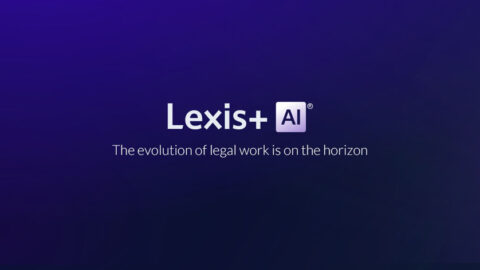Social Justice
Hard Law Sets The Floor, The King Code Raises The Bar
Strong ethical leadership and a culture of accountability can’t be forced by statute. Law tends to set minimum standards, laying out the “rules of the game”, whereas a code such as the proposed King V encourages organisations to aspire to high standards.
We’ve seen what happens when companies reduce governance to mere compliance to avoid legal penalties without regard for the actual outcomes. Good governance is rooted in the mindful application of ethical principles, not in ticking boxes. Making the King Code rigid and legally binding could risk a return to that compliance mindset.
Legislating compliance
Yet, certain governance aspects are legislated. For example, company laws can require an audit committee or mandate certain disclosure of conflicts. Laws and regulations can enforce accountability to a degree, such as penalties for directors who breach fiduciary duties. The law provides recourse and consequences when egregious governance failures occur. However, no legislation can instil integrity or transparency if the leadership isn’t committed to it.
South Africa has effectively adopted a hybrid approach: hard law sets the floor and soft law raises the bar. We need laws to punish wrongdoing and set basic requirements – and voluntary frameworks like King V inspire boards to go beyond mere compliance.
The JSE has incorporated King IV into its listings requirements, so listed entities must apply all King IV principles and explain how they’ve been applied. If a listed company flouts any listings requirements, the JSE can impose public censure or fines, up to suspension and even removal from the exchange.
Leading with law
South African courts occasionally use the voluntary King principles as a legal yardstick. In SABC v Mpofu (2009), state-owned broadcaster SABC excluded the executive directors from critical meetings before suspending the CEO. The court criticised this as a violation of basic governance tenets, noting that as a public enterprise governed by the Public Finance Management Act (PFMA), the SABC board was “required to measure up to the principles set out in the [King] Code”. Although King wasn’t a law, the court treated it as authoritative guidance that was binding on the SABC as a state-owned enterprise.
In another prominent case, Minister of Water Affairs and Forestry v Stilfontein Gold Mining Co (2006), the mining company’s directors had all resigned to avoid complying with certain government orders. The court rebuked them, referencing King II’s recommendations on directors ’duties and corporate governance as the measure of proper behaviour in fulfilling fiduciary duties. Despite King II having no force of law, it influenced the court’s view of what “reasonable” directorship entails.
These rulings demonstrate how voluntary codes can become embedded in the common law. The more widely a governance practice is adopted as best practice, the more likely a court will treat it as the “reasonable standard of care”.
Ethical standards versus legal accountability
This alignment between King’s ethical standards and legal accountability is positive. Directors can’t escape liability by using King’s voluntary nature as an excuse. If a principle is common-sense good governance (such as acting with transparency or exercising proper oversight), a court may use King as the reference for what is reasonable. The court cases underscore that soft law can harden into legal precedent. Ignoring King can land you in legal hot water.
Crucially, the King Codes don’t exist in isolation, but complement South Africa’s legislative and regulatory framework.
King IV and the draft King V are working hand in hand with key laws – notably the Companies Act, PFMA and the Municipal Finance Management Act – reinforcing them and helping organisations go above the legal minimum. The revised and streamlined King V draft is the next evolution in ensuring voluntary codes and hard law work together to create not just compliant companies, but truly well-governed and ethical ones – which is the endgame we’re striving for.





